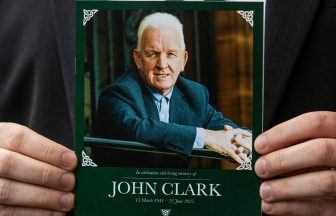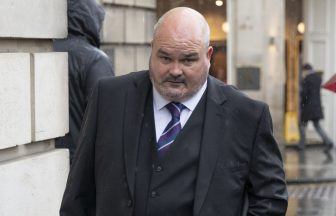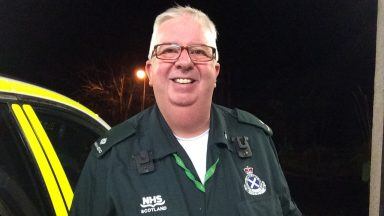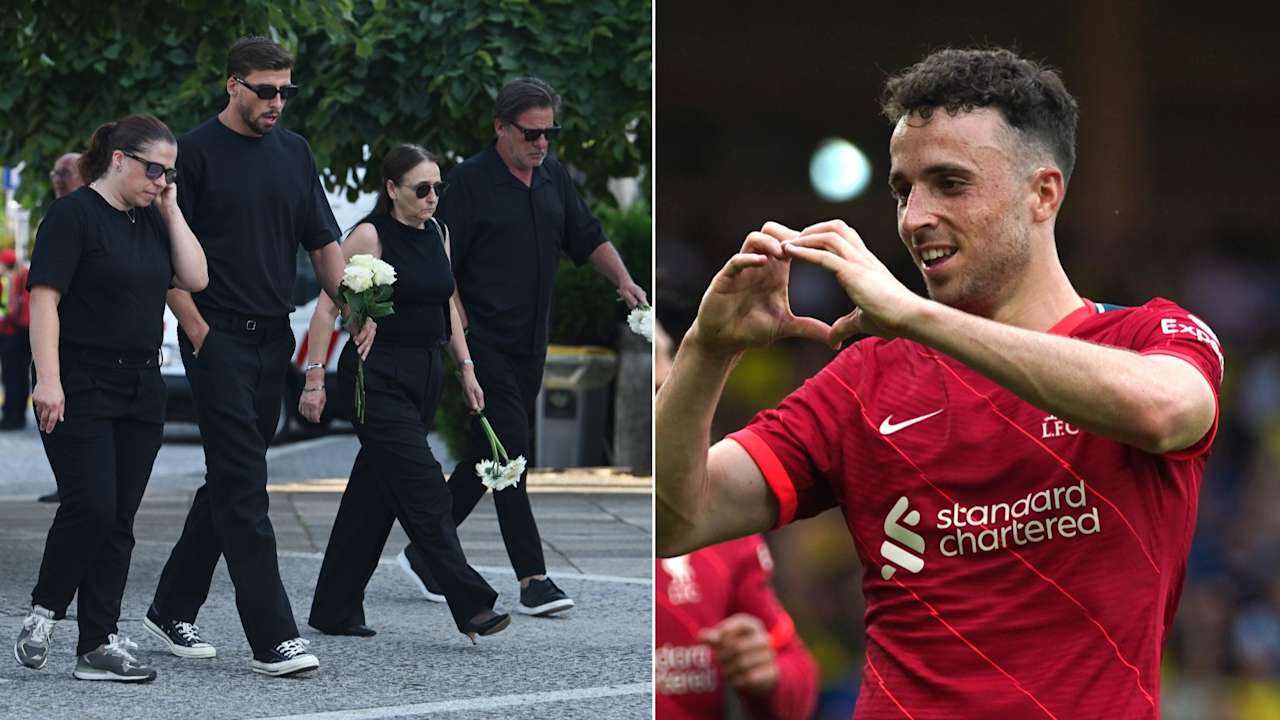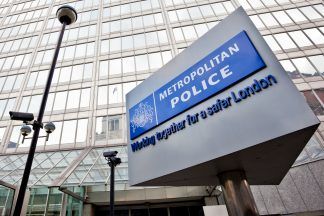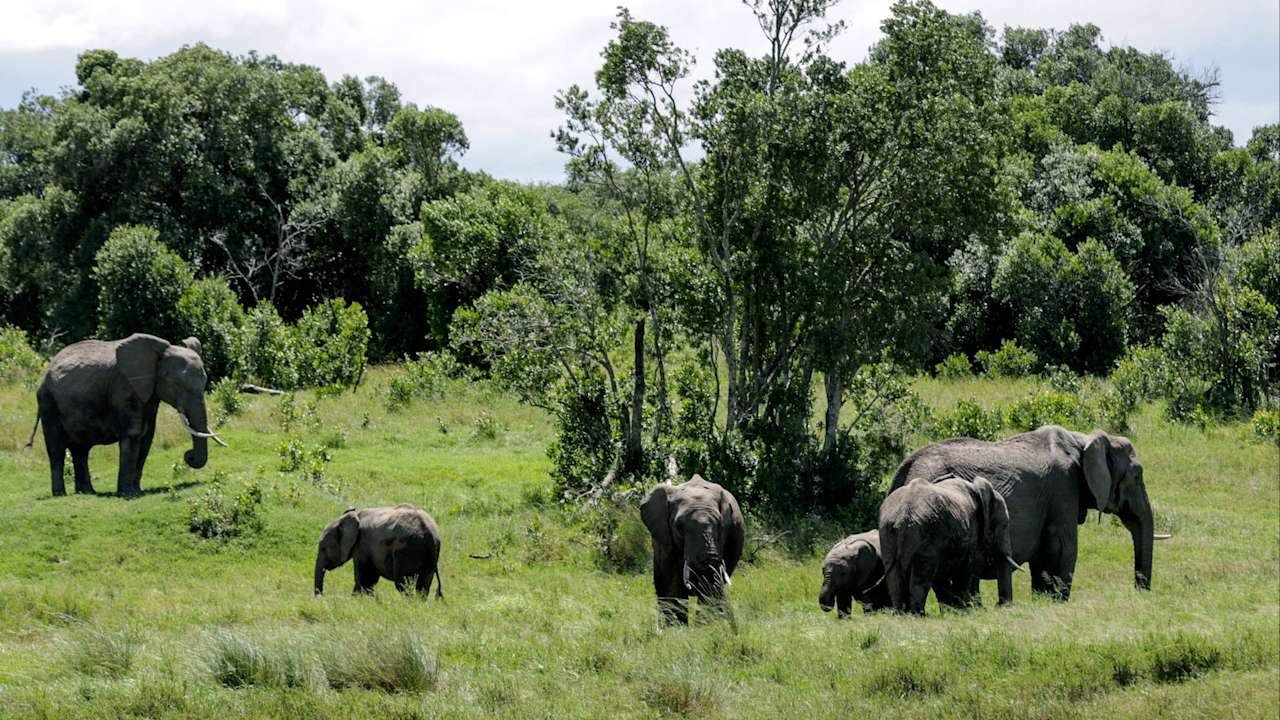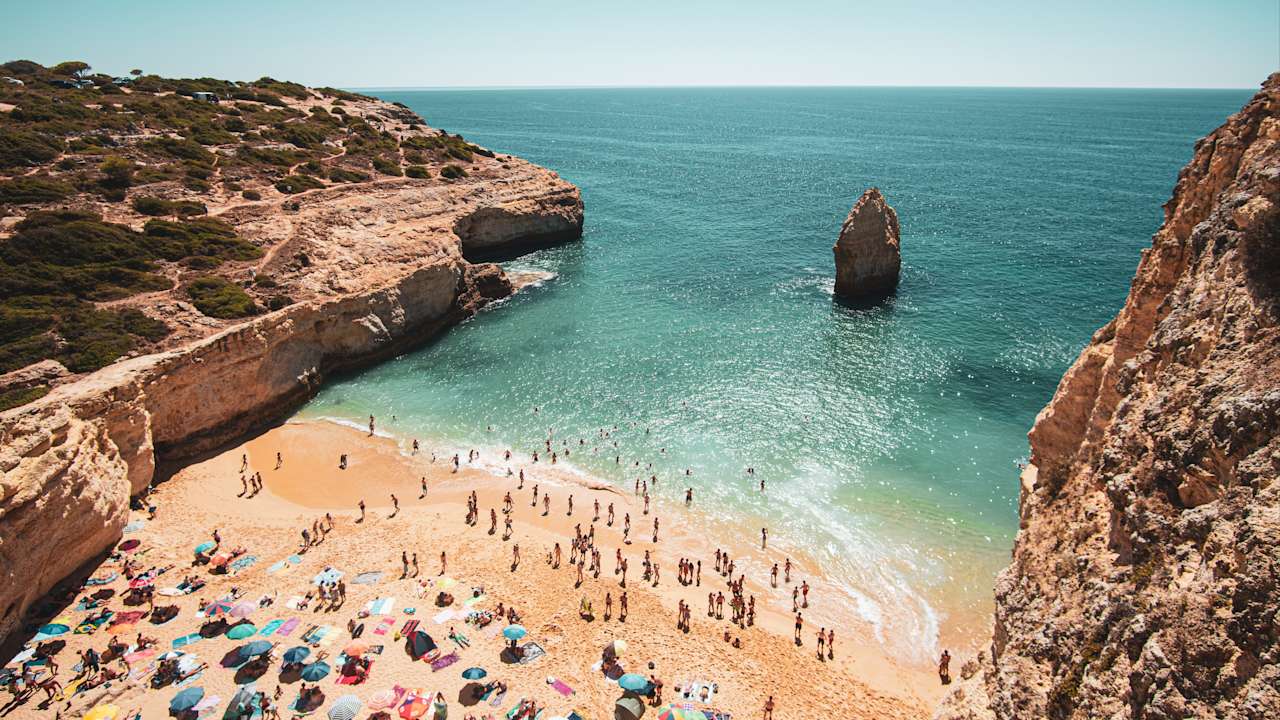Rescue teams plucked Florida residents from the flotsam of Hurricane Milton on Thursday after the storm left at least eight people dead.
Arriving just two weeks after the misery wrought by Hurricane Helene, the system knocked out power to more than 3 million customers, flooded barrier islands, tore the roof off a baseball stadium and toppled a construction crane.
Among the most dramatic rescues, Hillsborough County officers found a 14-year-old boy floating on a piece of fence and pulled him onto a boat.
A Coast Guard helicopter crew rescued a man who was left clinging to an ice chest in the Gulf of Mexico after his fishing boat was stranded in waters roiled by Hurricane Milton.
The agency estimated the man had survived winds of 75 to 90mph (121 to 145kph) and waves up to 25 feet (7.6 metres) high during his night on the water.
“This man survived in a nightmare scenario for even the most experienced mariner,” Coast Guard Lieutenant Commander Dana Grady said.
Despite the destruction, many people expressed relief that Milton was not worse. The hurricane spared Tampa a direct hit, and the lethal storm surge that scientists feared never materialised.
The storm tracked to the south in the final hours and made landfall late on Wednesday as a Category 3 hurricane in Siesta Key, about 70 miles (112 kilometres) south of Tampa.
Damage was widespread, and water levels may continue to rise for days, but Governor Ron DeSantis said it was not “the worst-case scenario”.
“You face two hurricanes in a couple of weeks — not easy to go through — but I’ve seen a lot of resilience throughout this state,” he told a briefing in Sarasota. He said he was “very confident that this area is going to bounce back very, very quickly”.
Five people were killed in tornadoes in the Spanish Lakes Country Club near Fort Pierce, on Florida’s Atlantic Coast, where homes were destroyed, authorities said. Police also found a woman dead under a fallen tree branch in Tampa.
In Volusia County, authorities said two people, a 79-year-old woman in Ormond Beach and a 54-year-old woman in Port Orange, were also killed when trees fell on homes.
Speaking at a White House briefing, Homeland Security secretary Alejandro Mayorkas said there were reports of as many as 10 fatalities from tornadoes, but he cautioned that the number was tentative.
At least 340 people and 49 pets have been rescued in ongoing efforts, Mr DeSantis said on Thursday afternoon.
South of Tampa, Natasha Shannon and her husband, Terry, felt lucky to be alive after the hurricane peeled the tin roof off their cinder block home in Palmetto. They spent the night in a shelter with their three children and two grandchildren after she pushed them to leave.
“I said, ‘Baby, we got to go. Because we’re not going to survive this,’” she said.
They returned to find the roof torn into sheets across the street, shredded insulation hanging from exposed ceiling beams and their belongings soaked.
“It ain’t much but it was ours,” she said. “What little bit we did have is gone.”
The worst storm surge appeared to be in Sarasota County, where it was eight to 10 feet (2.5 to 3 metres) — lower than in the worst place during Helene. The storm also dumped up to 18 inches (45 centimetres) of rain in some areas.
Officials in the hard-hit Florida counties of Hillsborough, Pinellas, Sarasota and Lee urged people to stay home, warning of downed power lines, trees in roads, blocked bridges and flooding.
Helene flooded streets and homes in western Florida and left at least 230 people dead across the South.
In many places along the coast, municipalities raced to collect and dispose of debris before Milton’s winds and storm surge could toss it around and compound any damage.
Power was knocked out across much of the state. More than 3.4 million homes and businesses were without electricity, according to poweroutage.us, which tracks utility reports.
The fabric that serves as the roof of Tropicana Field — home of the Tampa Bay Rays baseball team in St. Petersburg — was ripped to shreds by fierce winds. Debris littered the field.
About 80,000 people spent the night in shelters, and thousands of others fled after authorities issued mandatory evacuation orders across 15 Florida counties with a total population of about 7.2 million people.
In Punta Gorda, a 10-foot (three-metre) surge from the Peace River swept into the historic district, damaging homes and depositing six boats along one riverside street. It was the third surge to hit the neighbourhood in three months.
By Thursday afternoon, Milton was headed into the Atlantic Ocean as a post-tropical cyclone with winds of 75mph (120kph) — just barely hurricane force.
Follow STV News on WhatsApp
Scan the QR code on your mobile device for all the latest news from around the country


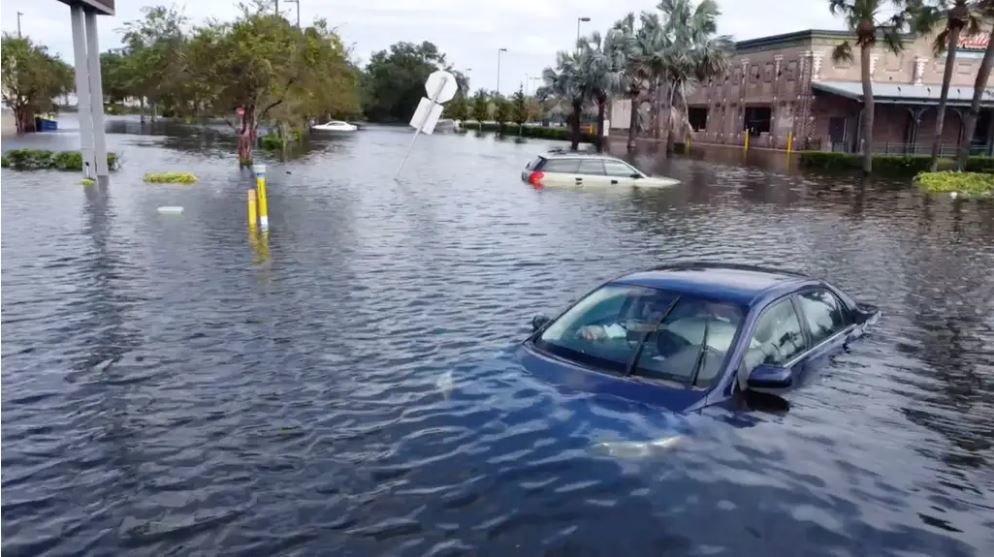 PA Media
PA Media


